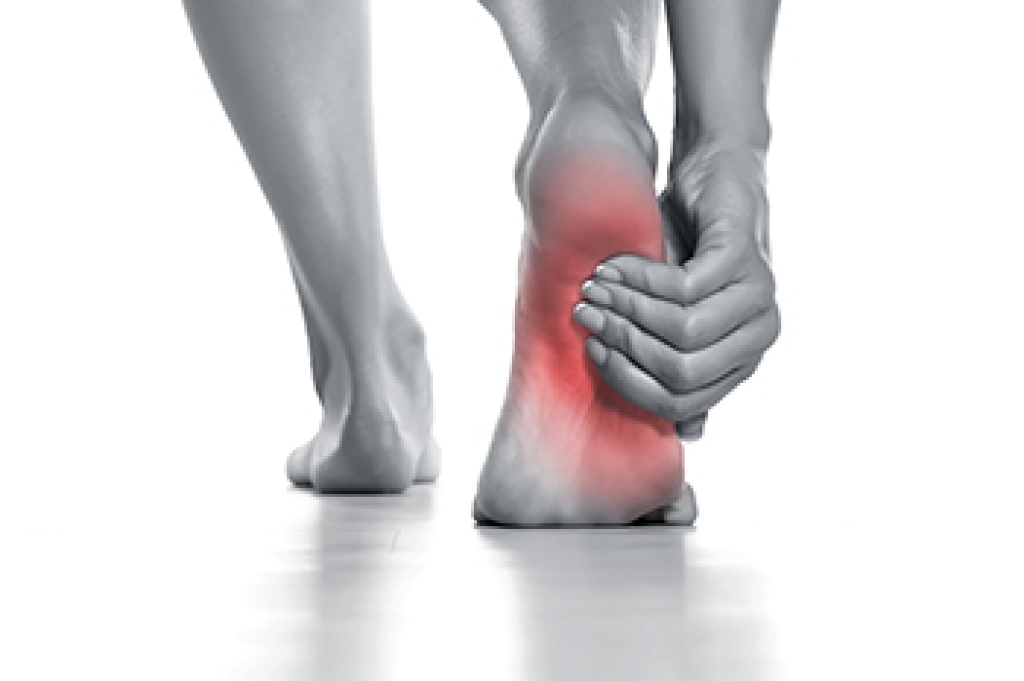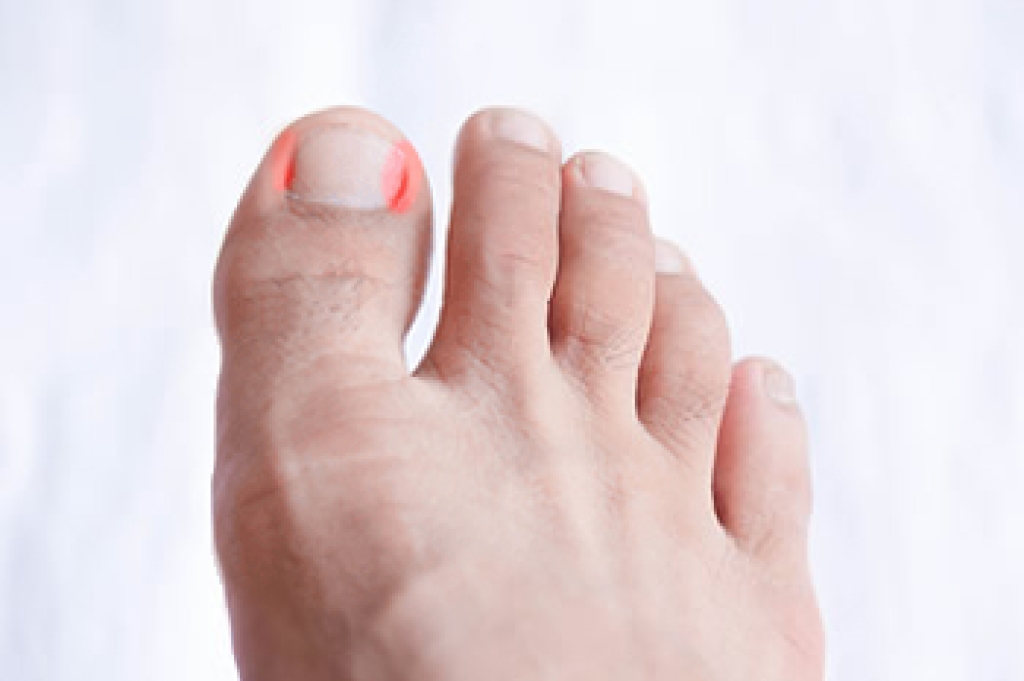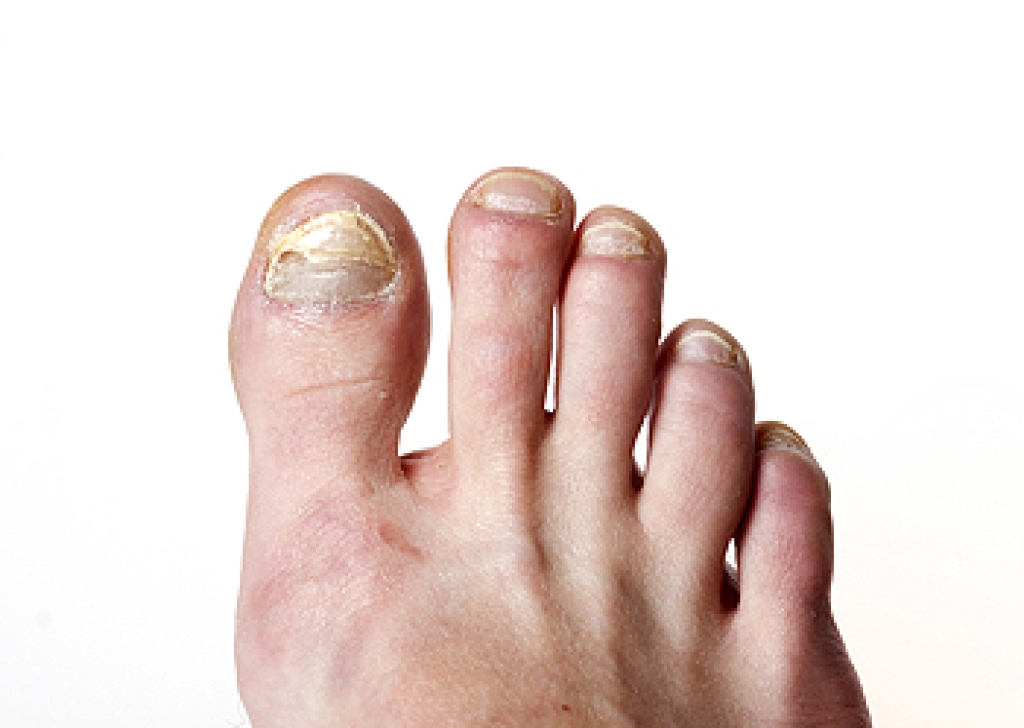
Foot problems can affect people of all ages and may interfere with daily activities if not properly managed. Athlete's foot is a common fungal infection that causes itching, redness, and peeling skin, often between the toes. Blisters form from friction and can lead to discomfort or infection if not protected. Corns are thickened areas of skin that develop from pressure or rubbing, usually on the toes or soles. Flat feet occur when the arches of the feet are low or absent, often leading to fatigue or pain with standing or walking. Additionally, gout is a painful condition caused by a buildup of uric acid, leading to sudden inflammation in the joints, most commonly in the big toe. If you have any type of foot pain, it is strongly suggested that you schedule an appointment with a podiatrist who can accurately diagnose and treat various foot conditions.
Foot Pain
Foot pain can be extremely painful and debilitating. If you have a foot pain, consult with one of our podiatrists from Mercer Ocean Podiatry. Our doctor will assess your condition and provide you with quality foot and ankle treatment.
Causes
Foot pain is a very broad condition that could be caused by one or more ailments. The most common include:
- Bunions
- Hammertoes
- Plantar Fasciitis
- Bone Spurs
- Corns
- Tarsal Tunnel Syndrome
- Ingrown Toenails
- Arthritis (such as Gout, Rheumatoid, and Osteoarthritis)
- Flat Feet
- Injury (from stress fractures, broken toe, foot, ankle, Achilles tendon ruptures, and sprains)
- And more
Diagnosis
To figure out the cause of foot pain, podiatrists utilize several different methods. This can range from simple visual inspections and sensation tests to X-rays and MRI scans. Prior medical history, family medical history, and any recent physical traumatic events will all be taken into consideration for a proper diagnosis.
Treatment
Treatment depends upon the cause of the foot pain. Whether it is resting, staying off the foot, or having surgery; podiatrists have a number of treatment options available for foot pain.
If you have any questions, please feel free to contact our office located in Toms River, NJ . We offer the newest diagnostic and treatment technologies for all your foot care needs.




